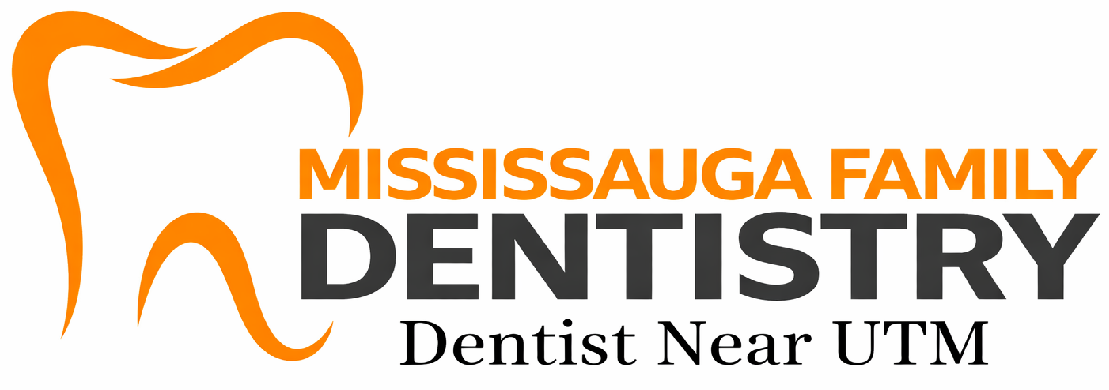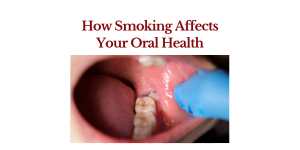Smoking is a habit that impacts more than just your lungs—it has significant effects on your oral health as well.
From discolored teeth to serious issues such as gum disease, smoking can create a cascade of dental problems.
Understanding these effects is key to taking better care of your smile.
If you’re seeking expert dental care in Mississauga, addressing smoking’s impact on your oral health is an important step.
Let’s explore the many ways smoking harms your oral health and how you can safeguard your smile.
Stained Teeth and Persistent Bad Breath
One of the most visible effects of smoking is yellowed or stained teeth.
Nicotine and tar from tobacco settle into your enamel, leaving discoloration that can be tough to remove.
Even with regular teeth cleaning, smokers often find maintaining a bright, white smile challenging.
Additionally, smoking causes persistent bad breath.
Tobacco smoke clings to your gums, tongue, and oral tissues, creating an odor that’s hard to mask, no matter how much you brush or rinse.
Increased Risk of Gum Disease
Smoking weakens your immune system, reducing your body’s ability to combat infections like gum disease.
Smoking significantly amplifies the risk of acquiring periodontal disease, which can cause:
- Red, swollen gums
- Bleeding when brushing or flossing
- Gums that recede, exposing the underlying tooth root
Untreated gum disease may progress and cause the loss of teeth over time.
Seeking professional dental care in Mississauga can help prevent or manage this condition, but quitting smoking continues to be the best method for lowering your risk.
Dental Plaque and Tartar Build-Up
Smoking encourages the accumulation of dental plaque—the sticky film of bacteria that forms on your teeth.
When plaque isn’t removed through proper teeth cleaning, it hardens into dental tartar, which can only be removed by a dentist.
Tartar build-up creates the perfect environment for bacteria to thrive, leading to cavities and gum inflammation.
Smokers often experience faster and more severe tartar build-up, making regular professional cleanings even more critical.
Also Read: Common Dental Problems and How to Prevent Them
Slower Healing After Dental Procedures
If you’re a smoker, your body’s ability to heal after oral surgeries, extractions, or treatments is compromised.
Smoking reduces blood flow to your gums, delaying healing and raising the likelihood of complications such as infections.
This is why dentists often recommend quitting smoking before undergoing any invasive dental procedure.
Higher Risk of Oral Cancer
Perhaps the most serious consequence of smoking is the heightened risk of oral cancer.
Tobacco contains carcinogenic chemicals that can damage the cells in your mouth and throat over time. Early signs of oral cancer include:
- Unexplained sores that don’t heal
- White or red patches inside the mouth
- Difficulty chewing or swallowing
If you notice any of these symptoms, seeking immediate dental care in Mississauga is essential for early detection and treatment.
Protecting Your Oral Health
Although quitting smoking is the most efficient method to protect your oral health, here are a few additional steps you can take:
- Schedule regular teeth cleaning appointments to remove dental plaque and dental tartar.
- Brush twice a day and floss daily to minimize the effects of smoking.
- Use an antibacterial mouthwash to reduce bacteria and freshen your breath.
- Visit your dentist regularly for check-ups and professional advice.
Smoking’s effects on oral health are far-reaching, but they’re not irreversible.
By committing to better habits and seeking professional dental care, you can regain control of your oral health and enjoy a healthier smile.

